Poetry Reading with Ashna Ali & Kendra Sullivan
Fri, Dec 13, 2024
6:00 PM–8:00 PM
Martin E. Segal Theatre, CUNY Graduate Center, 365 5th Ave, NYC. Free and open to all. Registration required.
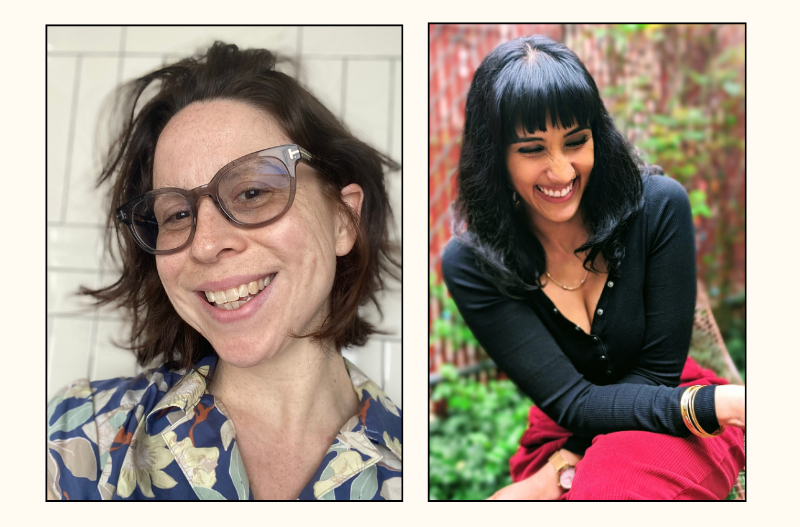
Please join the Center for the Study of Women and Society & the Center for the Humanities for an end of semester poetry reading with Kendra Sullivan and Ashna Ali. Sullivan will read from her new book, Reps, while Ali will read from their book, The Relativity of Living Well.
About the Poets
Ashna Ali is a queer and disabled child of the Bangladeshi diaspora, raised in Italy and based in Brooklyn. They are the author of The Relativity of Living Well (Bone Bouquet, 2024) and the Substack PAIN BABY. Their poetry is published or forthcoming from Indiana Review, The Margins, Zoeglossia, Nat. Brut, and beyond. They hold a Ph.D. in Comparative Literature from The Graduate Center, CUNY, and are in the process of earning their MFA in poetry from Randolph College. They serve as poetry editor for Epiphany Magazine, and teach in the English Department at Queens College, CUNY.
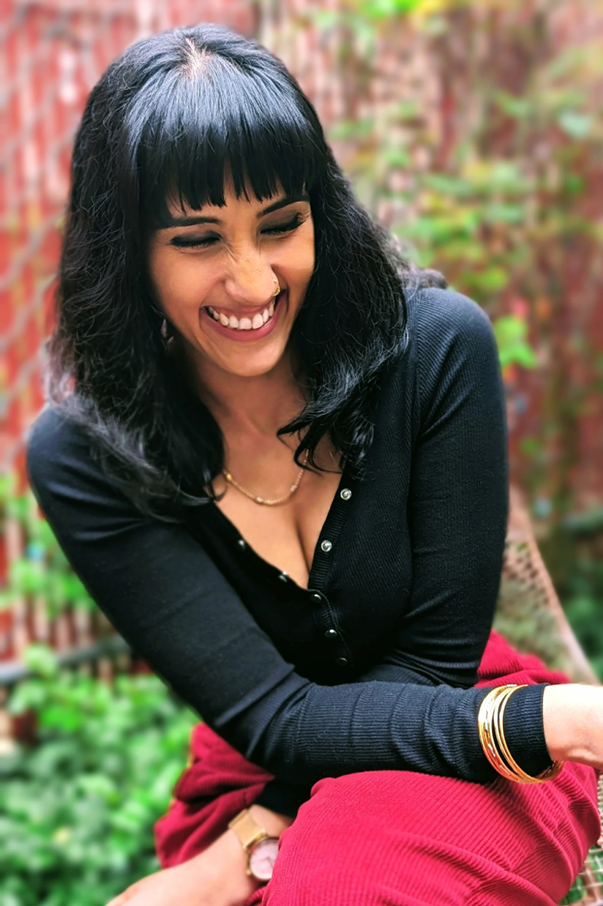
Kendra Sullivan is a public artist, an activist-scholar, and a poet. Sullivan is Director of the Center for the Humanities at the CUNY Graduate Center, where she leads the Andrew W. Mellon Seminar on Public Engagement and Collaborative Research and co-directs the NYC Climate Justice Hub. She is the publisher of Lost & Found: The CUNY Poetics Document Initiative and the co-editorial director of Women’s Studies Quarterly. Kendra has produced public art addressing water access and equity issues in cities around the world and has published her writing on art, ecology, and engagement widely. She is the co-founder of the Sunview Luncheonette, a cooperative arts venue in Greenpoint, Brooklyn; and a member of Mare Liberum, an eco-art collective. Her books include Zero Point Dream Poems (Doublecross Press) and Reps (Ugly Duckling Presse). Taken together, her art, writing, research and advocacy advance public scholarship in graduate education from a justice-forward framework.
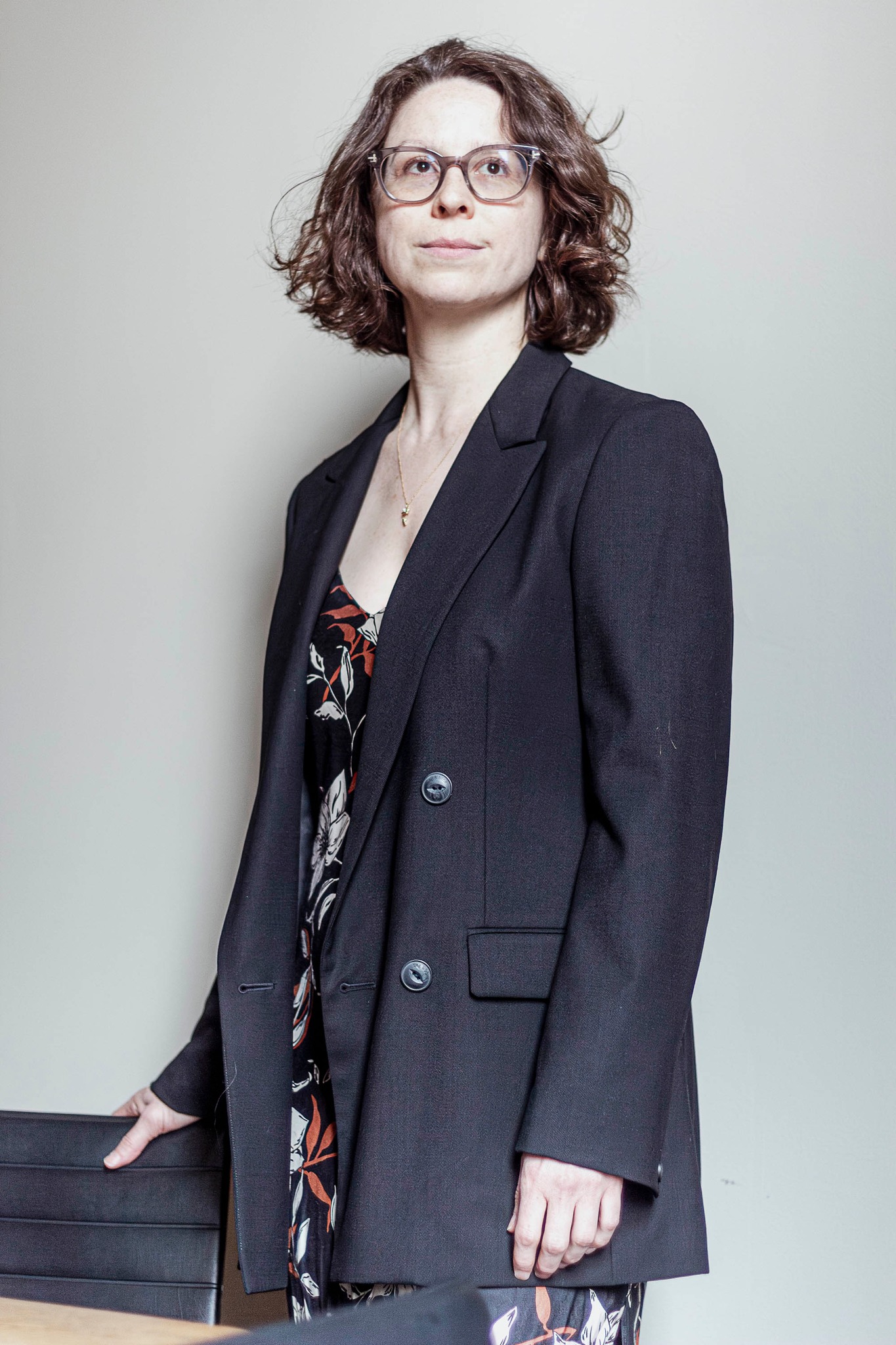
About the Books
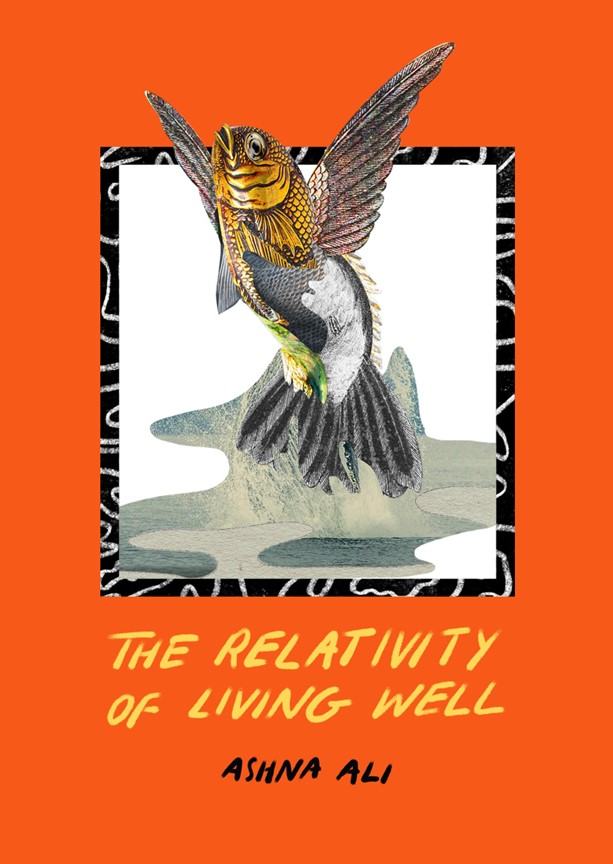
The Relativity of Living Well by Ashna Ali traces the dynamic between personal and collective struggle and grief. Chronicling the mitigation years of pandemic through an increasingly hostile geopolitical present, Ali’s poems document their journey as they grow increasingly disabled and untethered from the American Dream that brought them to the United States, offering a generous intimacy in the fog of ongoing crisis.
By turns playful and deadly serious, the poems’ emotional and political landscapes interweave to hold space for joy among dissociation, medical struggle, as well as the tensions of complicity and resistance inherent to life as a queer postcolonial subject in America.
“Ashna Ali’s debut sings the body as it rises from the siege of ableist paradigms to bring it closer to being loved and farther away from its imprisonment. This is a work of luminescent, concupiscent, dissenting intelligence.”
–Divya Victor, author of KITH and CURB
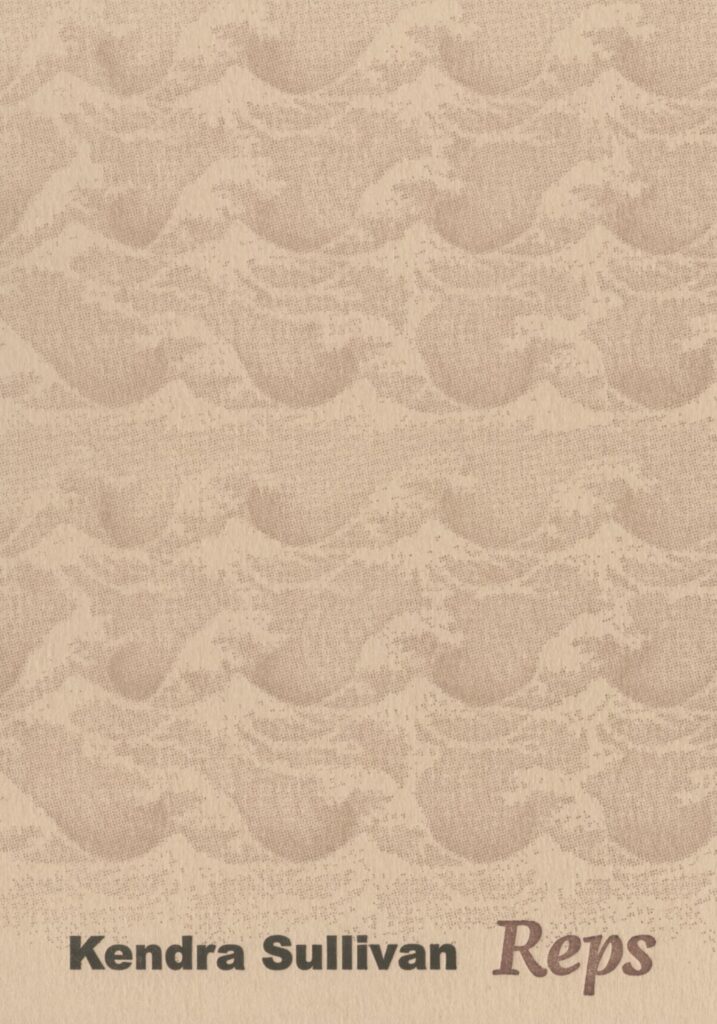
“Reps is a bracing and riveting examination of our ecological crisis and each of our attempts to tread the treacherous waters of racial capitalism. Every word in the book is prismatic, distilling and casting an entire spectrum of repetitions and representations, and then questioning the literal and figurative technologies and logics necessary to reproduce each utterance. Along the way, Sullivan casts a reflexive, but never navel-gazing, eye on everything from linear depression to linear regression, from naval fleets to navel attachments to naval fictions. “Are stories in some way complicit in the creation of authority?” Sullivan asks. At stake is nothing less than the reproduction of human and more-than-human species and the sustainability of our planet. Her investigations are urgent and precise, for “while fertility has a sell-by date, reproductive labor is shelf stable. Time is not endless.” Sullivan implicates each of us– the sanitary engineer who “designs public waste removal mazes… and other obfuscations,” the mapmaker, and the reader. “Celestial maps are meant to be held overhead when consulted. If you think you can look down at the stars you’ve got another thing coming.” It is in this mode of care, with attention to standpoints, positionalities, and epistemologies, that Sullivan imagines anew.
–Celina Su
This event is co-sponsored by the Center for the Study of Women and Society, the Center for Humanities, the English department, the Comparative Literature department, Feminist Press, and Women’s Studies Quarterly.
Related Events
Book Launch & Reading
Joint book launch of Kendra Sullivan’s <em>Reps</em> and Alan Felsenthal’s <em>Hereafter</em>

Book Launch & Reading
UDP Spring Studio Party: Readings by Cuff, Hsiung, Shams, Sullivan

Book Launch, Panel Discussion & Reading
Poetry and Climate: A Book Launch, Reading, and Panel

Book Launch, Conversation & Reading
Feminists Reclaim Mentorship: a Reading and Celebration
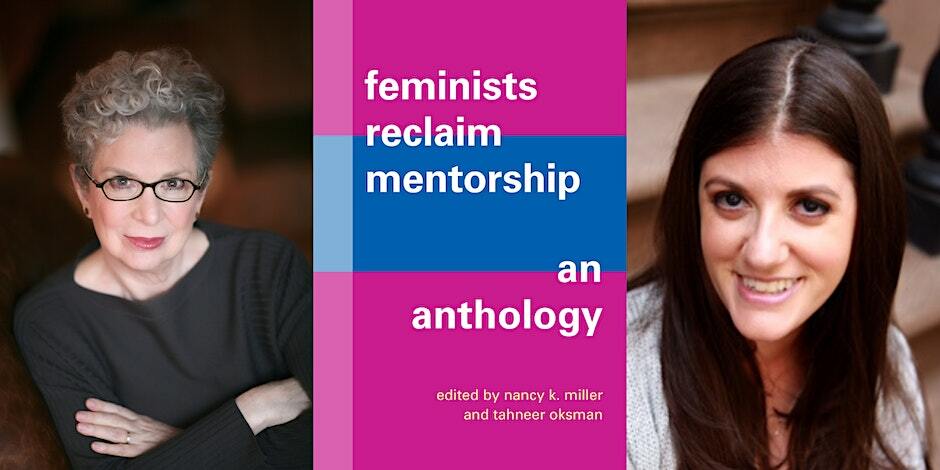
Conversation & Reading
Life/Signs in the Clamoring Mouth: Memory, Politics, & Poetries of Ghostly Mattering
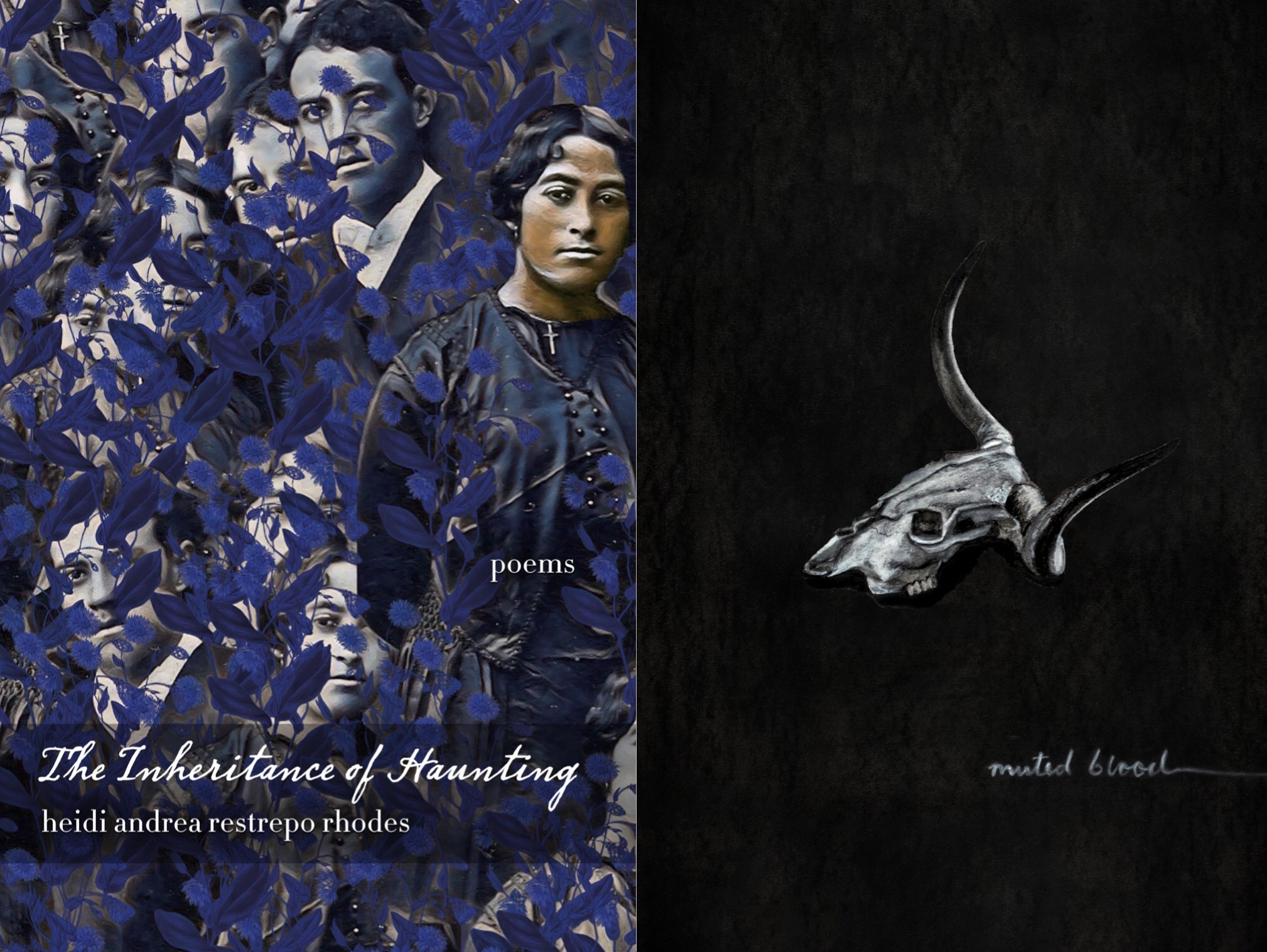
Reading
Turnstyle Reading Series: David Groff, Keith Gandal, and Ashna Ali


